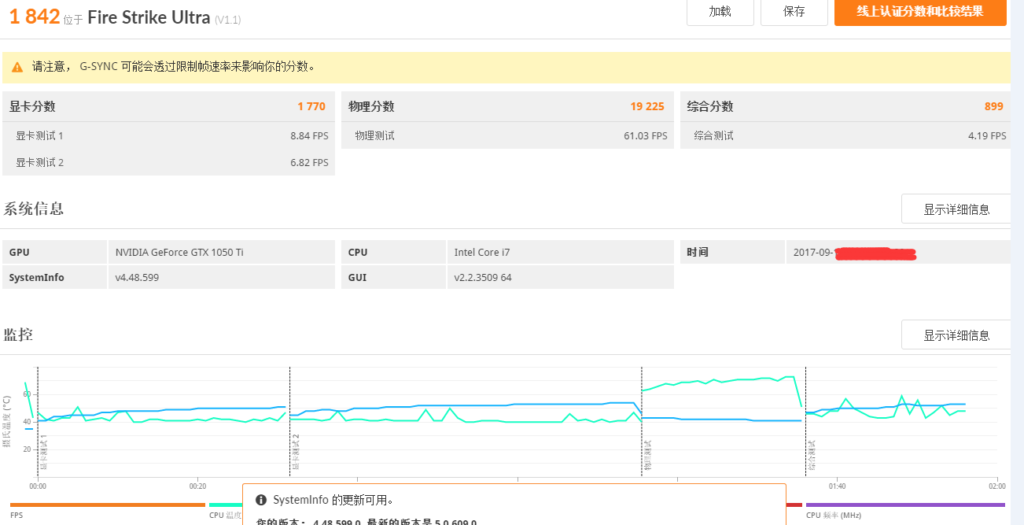

- #Cinebench scores 8700k update#
- #Cinebench scores 8700k manual#
- #Cinebench scores 8700k full#
- #Cinebench scores 8700k Pc#
The voltage couldn’t sustain the all-core Turbo at 4.7GHz, despite our manual overclocks sustaining at 4.9GHz for these tests. Our next set of tests focuses on power consumption and thermals, and we intended to use Blender for the benchmark – but it just wasn’t stable on the ASUS Z370 board with multi-core enhancement enabled. Enabling multi-core enhancement options boosts that to about 1578 marks, for an 8.9% performance uplift as a result of the 4.7GHz all-core Turbo. The difference from all-core Turbo enhancements is immediately visible in Cinebench: Disabled, with the clocks generally locking to 4.3GHz all-core (per Intel’s spec), our multi-pass average sits at 1448 cb marks. The feature auto-locks frequency to its maximum setting in all conditions, which means that testing conducted with it enabled will result in unrealistically high power consumption, unrealistically high voltage, and unrealistically high scores. What we’re demonstrating today is the impact of multi-core enhancement – a feature present on both AMD and Intel boards – and how the feature can cause confusion in the user base. When more threads are engaged, the boost is lower (in compliance with stability and lower voltage). With lower thread engagement applications, depending on if it’s Ryzen or Threadripper, AMD can add an additional +100MHz to +200MHz to the boosted speed. AMD employs XFR on Ryzen onward, or Extended Frequency Range, and leverages its boosting also on a per-thread level. Intel and AMD both do something similar to the above: With the 8700K, Intel uses Turbo Boost with different frequencies as dependent on thread engagement, where single-core utilization boosts the highest (4.7GHz) and six-core utilization boosts the lowest (4.3GHz, over 3.7GHz base). Stock Intel Turbo Boost Behavior on Coffee Lake Enabling multi-core enhancement means that the CPU ignores the Intel spec, instead locking all-core Turbo to the single-core Turbo speeds, which means a few things: (1) Higher voltage is now necessary, and therefore higher power draw and heat (2) instability can be introduced to the system, as we observed in Blender on the ASUS Maximus X Hero with multi-core enhancement on the 8700K (3) performance is bolstered in-step with higher all-core Turbo. Multi-core “enhancement” options are either enabled, disabled, or “auto” in motherboard BIOS, where “auto” has somewhat nebulous behavior, depending on board maker. This primarily sets forth to highlight what “Multi-Core Enhancement” is, and why you may want to leave it off when using a CPU without overclocking. This content piece aims to explain how Turbo Boost works on Intel’s i7-8700K, 8600K, and other Coffee Lake CPUs. Please note that this impacts Cinebench scores and POVRay scores, but not gaming scores.
#Cinebench scores 8700k update#
It helps if you subscribe or like his page to support his efforts.Ī better quality video is now available via MrTechQC’s YouTube page.UPDATE: We've issued an update to our initial 8700K review, pursuant to interesting findings on the Gigabyte F2 BIOS revision.
#Cinebench scores 8700k full#
You can watch the full video of the benchmarking over at MrTechQC’s Facebook page (French language). The i7-7700K is currently available on Amazon for $336. The i7-8700K is expected to cost as much or more as the i7-7700K when it launches at around $349. Also from our previous benchmarks, it shows that this $209 Rynon-X with a 3.9GHz overclock reaches a 1309 cinebench multi score.

To put things into context further, the Ryzen 5 1600X costs $239 USD right now on Amazon. The stock Ryzen R5 1600X has a multi score of 1252 with a single core of 162. The multi-core performance of 1230, although significantly better than the i7-7700K is worse than even the R5 1600X. The i7-7700K has a single score of 195 and a multi score of 996. The single core performance of 196 is just a single point faster than the stock i7-7700K. Let us look at our results from a previous Ryzen R5 1600 CPU review for example: Which is somewhat disappointing when you put it into context. The results show that the i7-8700K reaches 1230 with multi-core performance and 196 with single core. Moreover, Morin also ran CPUz benchmarks. Although it shows clearly what the benchmark results are. The whole process was livestreamed via Facebook (hence the blurry screenshot above). Intel i7-8700K Cinebench and CPU-Z Benchmark So like any good tech journalist, Morin borrowed a monitor and hooked it up to run some benchmarks.
#Cinebench scores 8700k Pc#
It just happens that there is an HP Omen PC on display that already has the new Coffee Lake i7-8700K CPU running. He is a Quebecois tech YouTuber who was at Dreamhack Montreal to cover the event. The first Intel i7-8700K benchmarks from Cinebench are now known thanks to Karl Morin, aka MrTechQC.


 0 kommentar(er)
0 kommentar(er)
